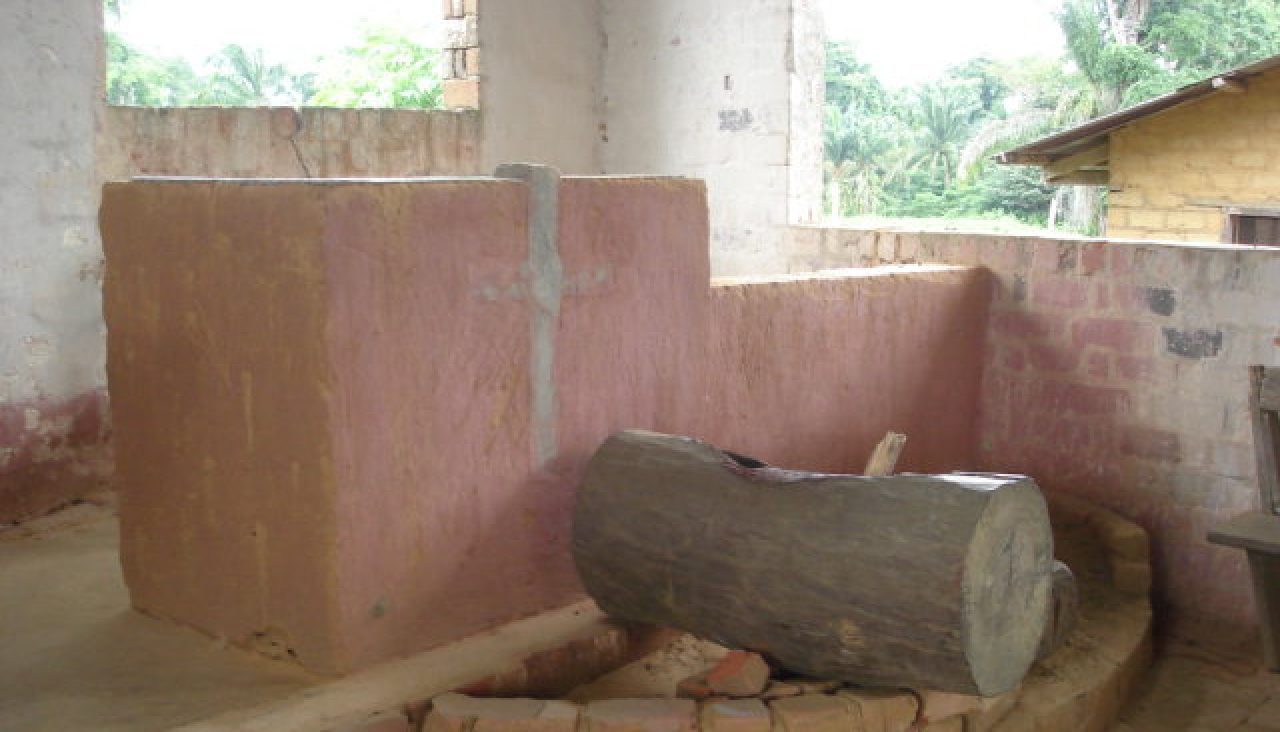
What do the layoffs of thousands of Kansas City’s GM and Ford auto workers have to do with Congo’s vast reserves of cobalt? Plenty it turns out. A new car hasn’t rolled off the line of General Motors’ sprawling Kansas City, Kansas, factory in more than two months. According to an April 13 article in the Kansas City Star the shutdown at the plant where workers make the Chevy Malibu sedan and a Cadillac SUV model is due to the shortage of semi conductors. Now essential in manufacture of today’s automobiles, both semi conductors and and powerful industrial magnets for the engines rely on cobalt and other rare earths found in Congo.
Congo’s soil holds 51 % of the world’s cobalt reserves according to the U.S. Geological Survey and cobalt originating in Congo accounted for 70% of the world’s production of the element in 2019. Access to supplies of cobalt and other rare earths is now seen as a national security priority of the U.S. Last year’s Bloomberg Opinion article by former Secretary of Defense James Mattis and others stated “U.S. supply chains — both military and commercial — are almost wholly dependent on China for processed rare earths for our advanced weaponry and microelectronics”. Although China accounts for “between 25% and 45%” of the world’s rare earth reserves more troubling to the article’s authors is the fact that “Nearly all the rare earths mined anywhere in the world, including the U.S., are processed in China”.
Congo’s contracts with China for processing of its cobalt and other rare earth elements reflects the U.S. rival’s success in controlling the supply chain for these critical minerals. While China now extracts over 40 % of Congo’s cobalt, it has also signed agreements with multi-national mining companies active in the country to refine and process most of the strategic mineral.
The Biden Administration has already begun the strengthening of the U.S. supply chain of rare earths and critical minerals in general. Following the previous administration’s failure to accompany tariffs on China with creation of an alternative supply chain, President Biden issued and executive order to review our current access to rare earths . The Order highlights the importance of strategic minerals in these vital industrial sectors of the U.S. economy:
- The defense industrial base
- Public health and biological preparedness industrial base
- Information and communications technology (“ICT”) industrial base
- Energy sector base
- Transportation industrial base
- Agricultural commodities and food production
The Administration singled out four key products of these sectors with semiconductors and large capacity batteries at the top of the list. Both of these areas now rely on cobalt and other rare earths mined in Congo. As former Defense Secretary Mattis and the other authors of the Bloomberg article note, “Breaking China’s monopoly (of rare earth supplies, Lokole ed.) will require development of processing plants and supply chains outside Beijing’s control”. The article notes that consumption of rare earths will nearly double by 2030 and that China’s current dominance in their production “cannot be accomplished without a White House that ensures accountability and progress”.
It is unlikely that the U.S. strategizing with its allies on vital supply chains will include sharing or taking over China’s import of Congo’s cobalt and other rare earths. China’s partnership with Congo has been built by the world’s second leading economy replacing the U.S. as the leading aid donor for all of sub-Saharan Africa and Congo in particular.

In recent years, the U.S. Africa policy has not maintained the close ties with Congo that enabled use of the country’s high grade uranium ore for production of the first atomic bombs. The new U.S. administration is intent on creating an alternative supply chain for critical minerals One of the first steps taken by the Biden Defense Department was the awarding of a contract to Lynas Rare Earths Limited, the world’s largest rare earth element mining and processing company outside of China. The $30 million contract is for development of mining and refining at a Texas mine that holds the most promising rare earth deposits in the U.S.
Meanwhile, China continues to develop its partnership with Congo. Back in early January, China announced that it would cancel an estimated $28 million of loans to the DRC, repayment of which were due by the end of 2020, and would provide $17 million in other financial support to help the country overcome the sanitary crisis caused by the covid-19 pandemic.
Escalation of U.S. tensions with China and the delays of previous administrations in securing other sources of critical minerals may well portend additional losses for the U.S. economy and its workers. One of Ford’s largest plants in the world, located on Kansas City’s outskirts, has periodically furloughed production line workers over the last year and in mid April shut down its Transit van production line. Anticipating success in stocking up on semiconductors and computer chips, Ford announced at the same time they would not close its Kansas City plant for the customary summer vacation. The U.S. auto industry is expected to lose upwards of $60 billion this year due to the shortage of microelectronic components.
**************************************
The April 13, 2021 article by Kevin Hardy in the Kansas City Star inspired this posting. The article is titled “Parts shortage forces months-long layoffsfor thousands at Kansas City Ford, GM plants”

